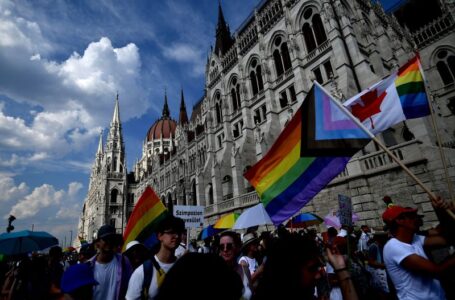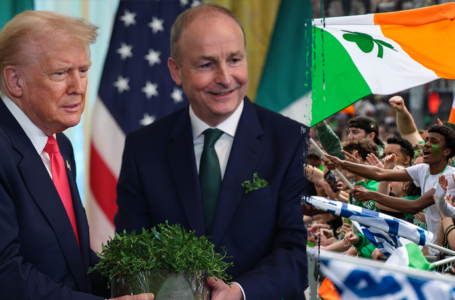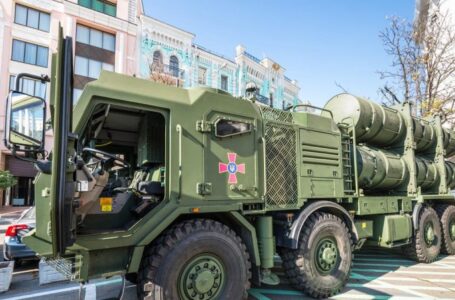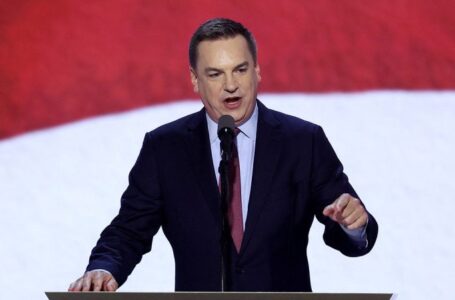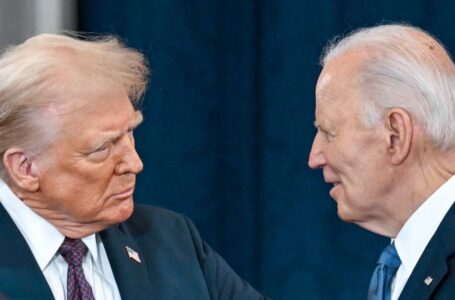A new anti-LGBTQ+ bill in Hungary would ban Pride event and allow use of facial recognition software
Suspect charged in attempted assassination of Slovakia leader
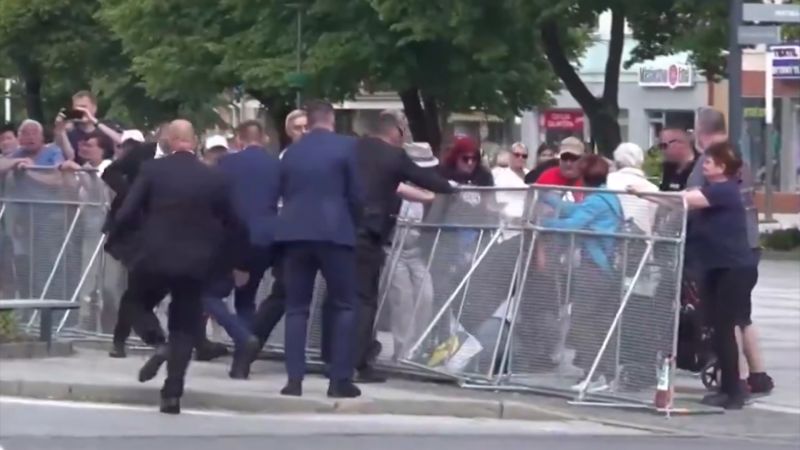

Slovakian police have charged a man in connection with the attempted assassination of Prime Minister Robert Fico, the country’s interior minister said Thursday.
Fico is in a stable but serious condition after being shot five times from a close range and undergoing surgery, his deputy said Thursday. The assassination attempt rocked the central European country and sparked global condemnation.
The 59-year-old populist leader, who returned to power last year and whose controversial reforms have sparked protests in recent weeks, was attacked on Wednesday after an off-site government meeting in the town of Handlova.
The prime minister had approached a small crowd of people waiting to meet him, when the suspected gunman in the crowd lunged forward and shot him five times from across a security barrier. Footage from the scene showed the injured prime minister being bundled into a vehicle by his staff, before it speeds away with him inside.
Fico was first rushed into a local hospital and then airlifted to a major trauma center in the nearby city of Banská Bystrica, where he spent more than five hours in surgery, according to hospital officials.
Hospital director Miriam Lapuníková is said Thursday Fico was “stabilized but in a very serious condition” and that he would remain in the hospital’s intensive care unit. She added that the hospital had two surgical teams operating on the prime minister.
On Thursday morning, the country’s Defense Minister and Deputy Prime Minister Robert Kaliňák said Fico’s condition “has been stabilized overnight, more steps are being taken to better his health. The situation is really serious.”
Kaliňák and the Interior Minister Matúš Šutaj Eštok delivered an emotional news conference outside the hospital on Wednesday night, saying the leader was “fighting for his life.”
Visibly shaken and sometimes struggling for words, the two ministers appeared in deep shock over the attack. Later in the news conference, both men struck a more combative tone, blaming the attack on the “hatred” being spread by “some people” and the media.
The alleged shooter has been identified by multiple local media outlets as a 71-year-old man from southern Slovakia.
There has been no official confirmation of the identity of the shooter, but his face was clearly visible in some of the video footage of the attack and his subsequent arrest.
Slovakian media reported the shooter was a writer and a poet. The Slovak Writers’ Association said Wednesday that the name identified in the local media was a member of the group.
Nobody else was injured in the attack. The suspected gunman was detained by police, and the country’s president Zuzana Čaputová said authorities would release more information when they can.
Both the defense and interior ministers called the shooting “politically motivated,” with Šutaj Eštok saying that “the suspect made the decision to do it shortly after the presidential election.”
Fico is the most powerful lawmaker in Slovakia. Unlike the president, whose role is more ceremonial and has limited scope, the prime minister holds rank as the decision-making head of government.
Divisive figure in divided country
Slovaks have been deeply divided over the country’s direction and position in the world since Fico’s return to power last year. Supporters see Fico as a caring leader who has their interests at heart; critics say he is a populist whose pro-Russian leanings pose major risks for the country.
Slovakia’s defense and interior ministers blamed rising hate speech and division for the political atmosphere in the country, which they said led to the assassination attempt.
As prime minister, Fico made a major U-turn in Slovakia’s foreign policy and its previously staunch support for Ukraine, pledging to end the country’s military support for Kyiv and promising to block Ukraine’s NATO ambitions.
His domestic policies have also been divisive – especially attempts to overhaul the criminal justice system, with his government trying to reduce punishments for corruption, and dismantling the special prosecutor’s office that investigated serious corruption cases.
The government is also trying to shut down the public service broadcaster and replace it with a new national broadcaster that would be under tighter state control.
These policies have seen weeks of largely peaceful protests – with people also taking to the streets in February and March, according to Reuters.
Fico previously served as Slovakia’s prime minister for more than a decade, first between 2006 and 2010 and then again from 2012 to 2018.
This story has been updated with additional developments.

